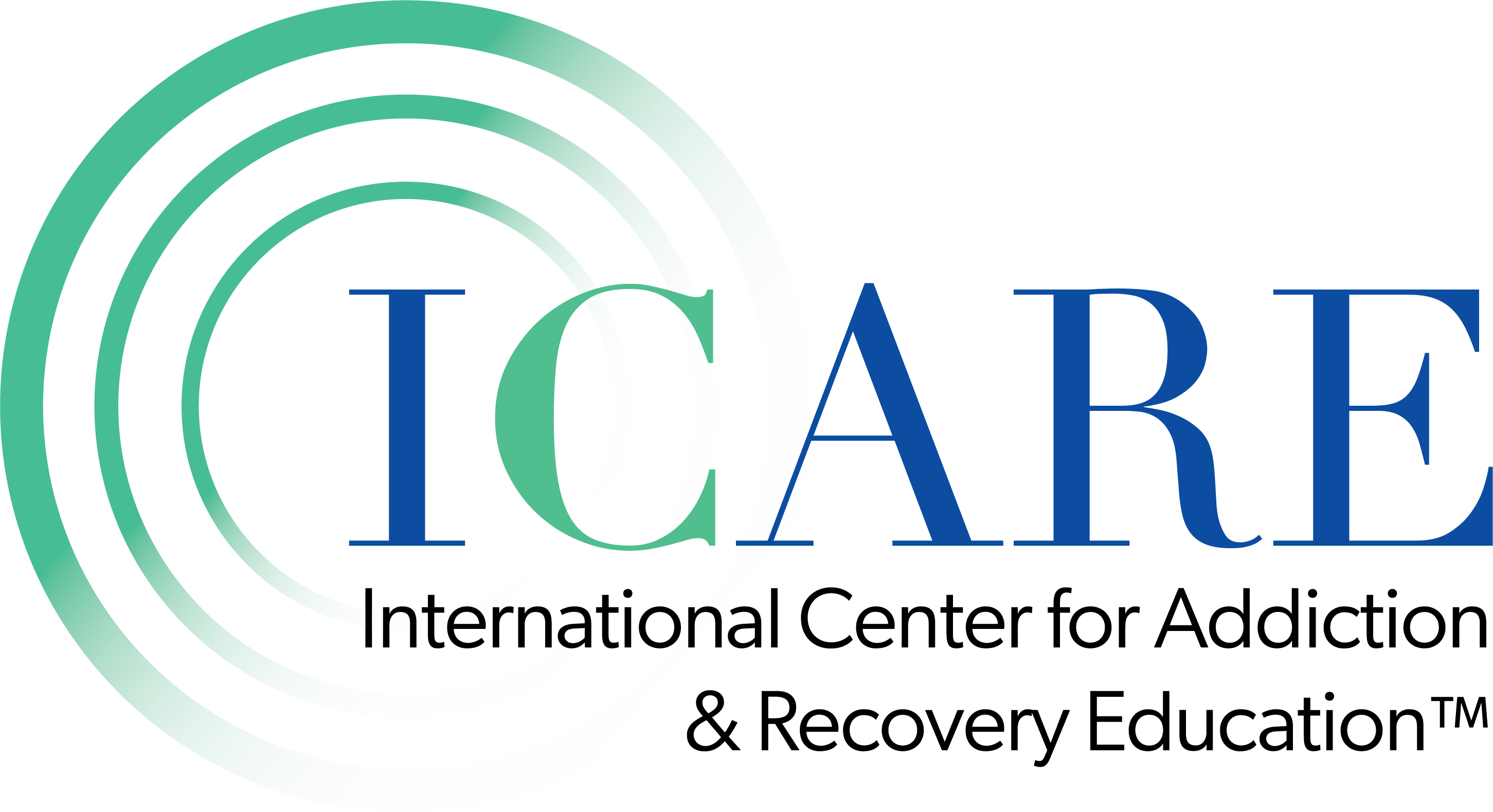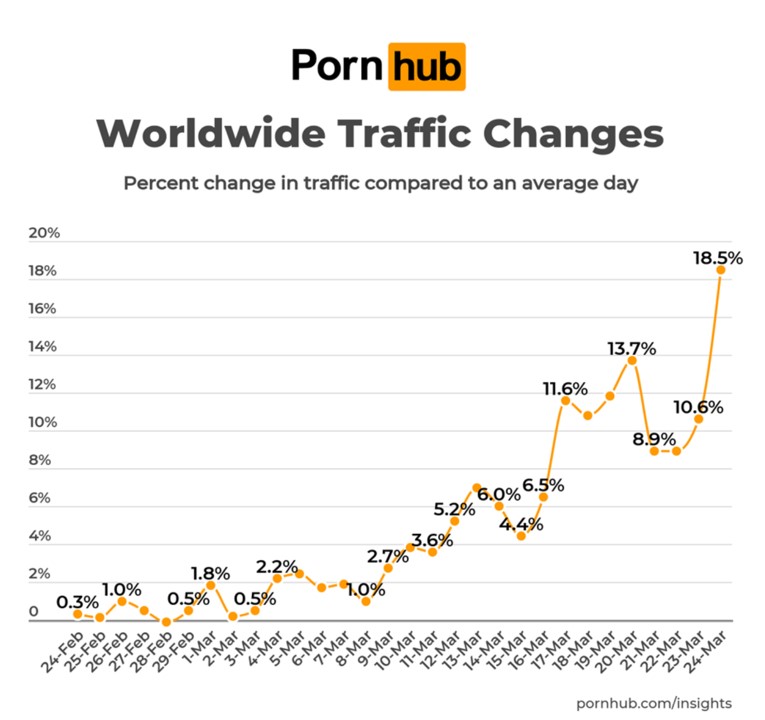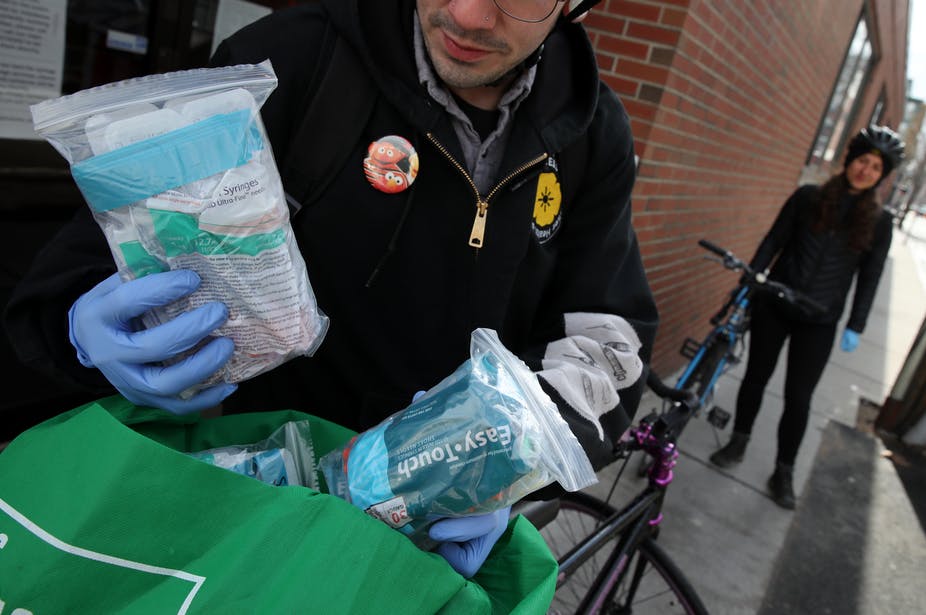Overview and Statistics


Cheryl Brown Merriwether, SHRM-SCP, SPHR, CPRC, CRSS, CM
Executive Director
Welcome to Workforce Solutions
In response to the ongoing Coronavirus pandemic, Dr. Jean LaCour and Cheryl Brown Merriwether have co-created ICARE Workforce Solutions™ within our new workforce division that we call Strategic Sobriety™.
We created this new workforce division because jobs are in jeopardy for people who do not know how to manage their feelings and stress without turning to alcohol or drugs.
ICARE Workforce Solutions™ provide effective tools and confidential processes to equip businesses of all sizes to:
- assess risk
- promote resilience to avert overuse of substances
- protect your employees
- increase engagement, health and well-being
- mitigate risk
- reduce financial loss
Trend Report
Broader, more progressive benefits produce higher engagement and better ROI.
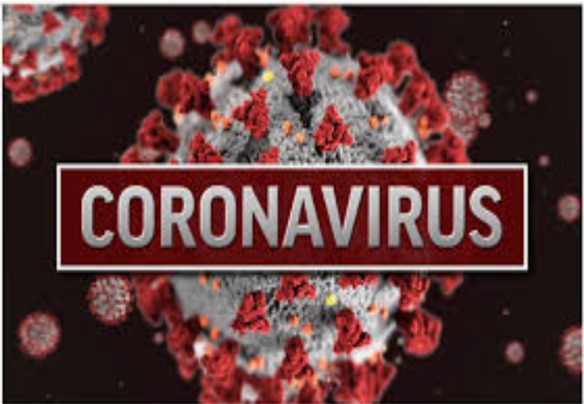
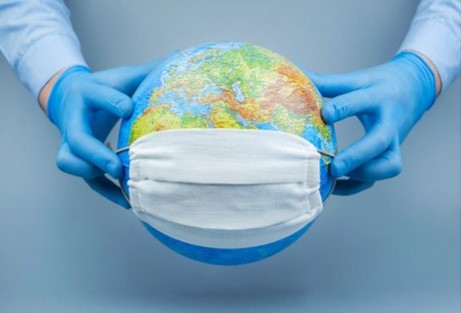
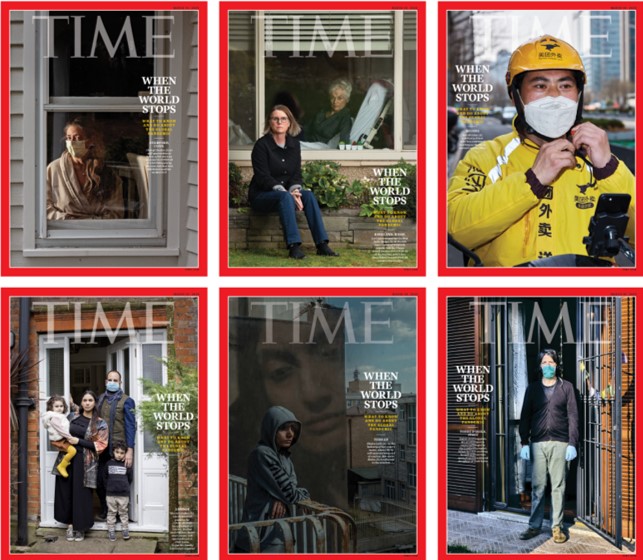
The findings of CDC’s Morbidity and Mortality Weekly Report during late June 2020, reported considerably elevated adverse mental health outcomes, increased substance use, and elevated suicidal ideation related to COVID-19.
Younger adults, racial/ethnic minorities, and essential workers (among others) reported having experienced disproportionately worse outcomes during this window of time regardless of levels of income or education.
The public health response to COVID-19 pandemic should prioritize these groups and increase early intervention and prevention efforts to address associated mental health conditions.
https://www.usatoday.com/story/news/nation/2019/11/26/us-life-expectancy-downward-spiral-study/
“The (CDC Weekly Report, June 2020) clearly evidences the issues caused by social isolation and lockdowns… The Assistant Secretary of the Substance Abuse Mental Health Services Administrations (SAMHSA) again urges local and state officials to consider all aspects of health and not solely virus containment as we move forward. Research is clear on the effect of shutdown and social isolation on an individual’s mental health. The negative health effects are potentially long-lasting and very consequential for individuals and their families.”
According to the latest data mental health has hit an all-time low as the unpredictable circumstances of the pandemic linger. Employee burnout is emerging as a widespread health crises. Most notably, post-traumatic stress disorder, depression, anxiety and addiction have soared.
Let us help you assess your organization’s status and strategies to empower your managers and leaders with training and tools to help them build psychological safety, express compassion, actively listen, and increase addiction awareness among employees in remote and onsite environments.
To stay informed about how to:
- protect your company and your employees
- learn more about our introductory Strategic Sobriety Awareness Check Up™
Sign up for our free email updates:
Ask about ICARE Sober Curious Learning™
Exploring the Benefits of a Sober Curious Workplace
- Identify how the COVID-19 Pandemic has created a mental health and substance misuse pandemic among the workforce.
- Explain the relationship between workplace culture, substance misuse and the hidden costs of addiction.
- Understand the benefits of a “sober curious workplace culture” and develop a plan to cure the sickness of silence.
Future topics include:
- Diversity/Equity and Inclusion – DEI Solutions.
Using DEI Initiatives to Uncover the Power of an Addiction-Aware and Recovery-Minded Workforce. - Recovery Ready Workplaces: Best Practices for Success
